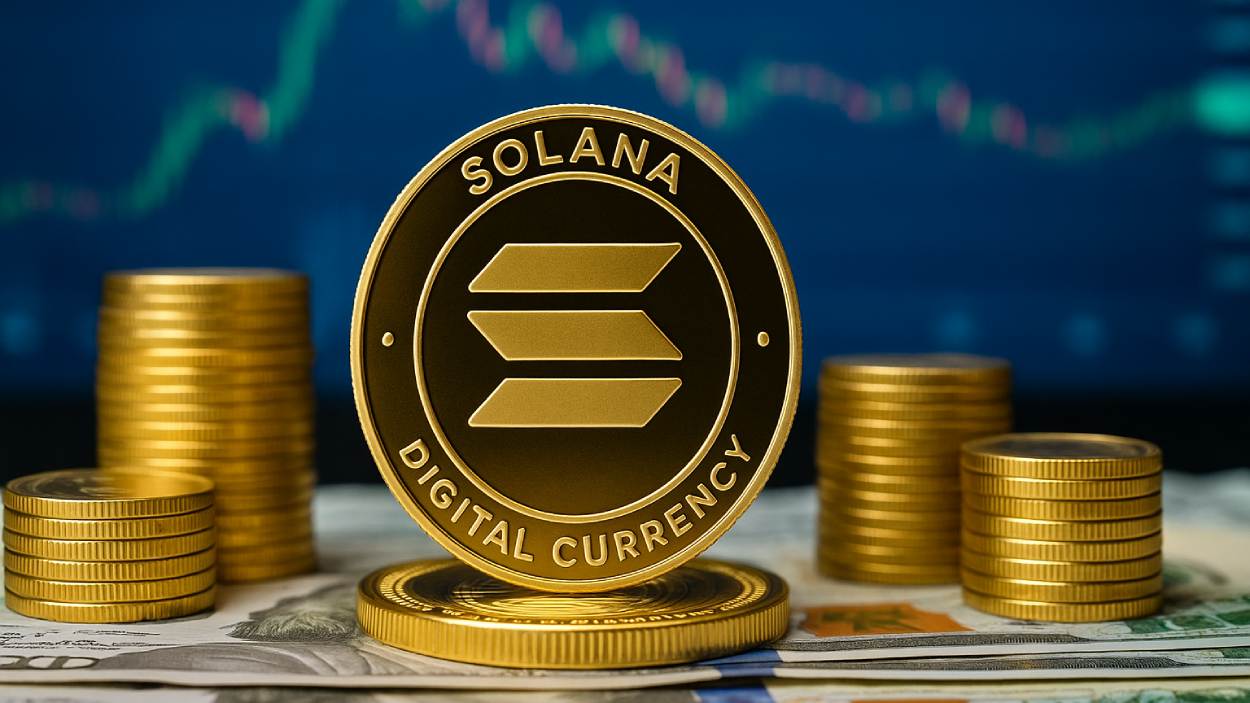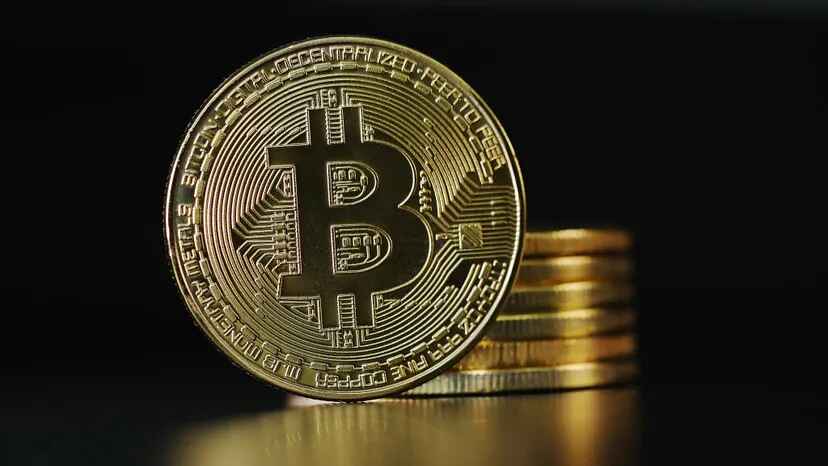Peter Schiff, a prominent economist and gold advocate, has expressed his concerns about the future of Bitcoin, focusing on the cryptocurrency’s supply dynamics. Notably, he shared in his X post that while Bitcoin’s supply grows through mining, the real risk lies in the actions of existing holders.
Currently, most Bitcoin holders are not selling their assets, either due to a long-term belief in the cryptocurrency’s potential or due to market uncertainty. Schiff warns that if these holders decide to sell, it could trigger a massive surge in Bitcoin’s supply. This sudden influx could overwhelm demand, resulting in a sharp price decline.
Bitcoin's supply growth isn't limited to what's being mined. What matters most is the supply that existing holders want to sell. Right now, most existing Bitcoin isn't for sale. But once holders decide they want out, supply explodes. Without increased demand, the price collapses.
— Peter Schiff (@PeterSchiff) October 22, 2025
Schiff’s comments are not new. He has consistently criticized Bitcoin, focusing on its speculative nature. Notably, Bitcoin’s price fluctuations lately seem to support claims of its inherent volatility.
For perspective, after briefly surpassing the $111,000 mark, the price dropped by 3.44% in just 24 hours, stabilizing around $108,748.91. Meanwhile, this drop follows a series of ups and downs over the past week, with a 2.25% decrease over the last seven days.
Schiff notes that these swings highlight the market’s unpredictable behavior, which could worsen if Bitcoin holders begin to liquidate their holdings en masse.
Peter Schiff’s Skepticism on Bitcoin’s Long-Term Value
Schiff’s skepticism about Bitcoin extends beyond its volatile price. In a recent CoinRemark commentary, he remarked that Bitcoin has significantly underperformed compared to gold, which he believes is “eating Bitcoin’s lunch.” He pointed out that Bitcoin has lagged by approximately 32% since August.
Furthermore, Schiff has consistently dismissed Bitcoin as a viable long-term asset, particularly in light of its fluctuating price and speculative nature. His views contrast sharply with Bitcoin advocates who see the digital currency as a hedge against inflation and a store of value.
Schiff’s warnings reflect broader concerns about the speculative risks associated with Bitcoin. He suggests that if demand doesn’t match the potential growing supply, Bitcoin’s price could collapse. This highlights the uncertainty surrounding Bitcoin’s future, despite its current popularity.
As Bitcoin continues to face price volatility, Schiff’s perspective serves as a cautionary note for investors relying on the cryptocurrency’s long-term stability.















